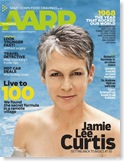Not in the Artist's Power to Know
George Saunders on KCRW's Bookworm (12.27.07):
"...my earlier ideal, which was the writer knew very well what he wanted you to feel at the end of the story. It was a Hemingwayesque model where I thought, I really thought and loved this idea, that I went to Spain, was gored by a bull, was made impotent, went to World War I, and drank Absynthe. Then the idea was that what I wrote was going to cause you -- a person I never met -- to be in approximately the same emotional state and sensual state that I was in at the end of the process.
I really thought that's the way it worked. So, as you can imagine, that's impossible for a writer to -- I think Mamet talks about the intentional fallacy -- how do I know how to move you from Point A to Point B? Maybe some people can do it, but I can't. It's almost like trying to move something delicate with extension robot arms. I don't know how to do it.
So when I dropped that idea and just thought, I'm going to try to make an intense experience for myself as I write it, try to radically inhabit certain principles [plain language, compression, etc.], then I don't really know what happens to you out there. In a way, I don't care.
I want you to be moved from Point A to Point B and I think, really, since writing is in large part a form of very beautiful entertainment, the whole idea is that you've got to be moved from A to B. And I think actually, where you end up at B is actually not in the artist's power to know. I think.
Now I'm not positive about that, but I think the times that I thought I knew where I wanted you to be, those are always failed experiments. When I said, I'm going to pay really close attention to this sentence and this sentence and make sure that there's not falseness in there, then there does seem to be emotion at the end. And I think it does have, weirdly, a roughly moral trajectory."
[See also: CarrollBlog 5.16.08]

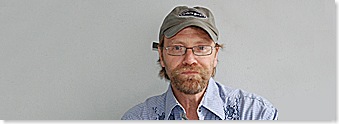



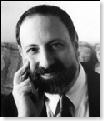


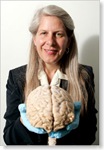
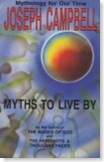
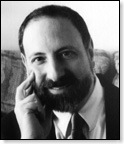

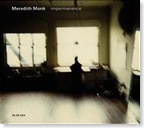


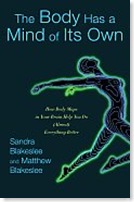



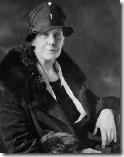 It's the second Sunday in May, which is Mother's Day here in the United States. It's Mother's Day in other countries, too, including Denmark, Italy, Venezuela, Turkey, Australia, and Japan. It's the biggest day of the year for long-distance telephone calls.
It's the second Sunday in May, which is Mother's Day here in the United States. It's Mother's Day in other countries, too, including Denmark, Italy, Venezuela, Turkey, Australia, and Japan. It's the biggest day of the year for long-distance telephone calls.




